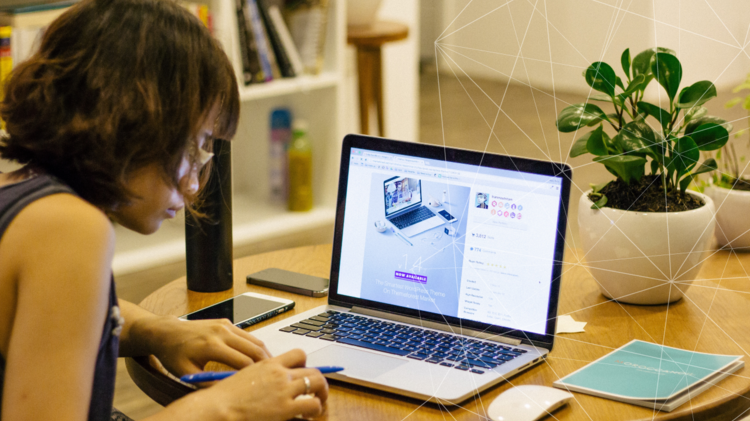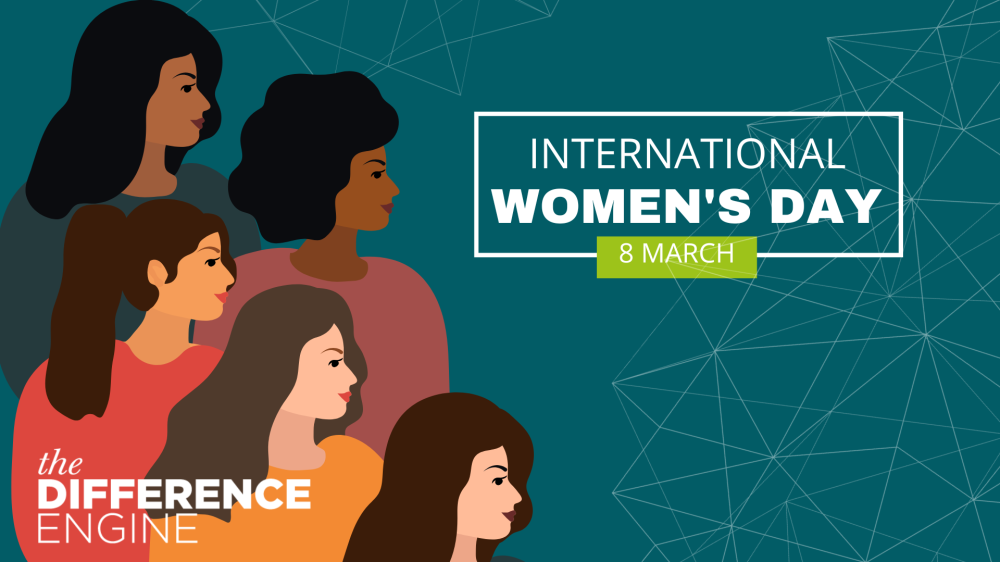
posted 28th June 2021
Since the beginning of the COVID-19 pandemic forced many office-based companies to shift to a ‘work from home’ structure, one question has been on the mind of many people: Is ‘working from home’ here to stay?
In May 2021, Sundar Pichai, CEO of Google, posted an open letter to all Google employees detailing the tech giant’s new approach to work. In the letter he lays out a roadmap for staff to work in a ‘hybrid’ fashion – working three days from the office and two days remotely. The letter states quite clearly that Google believe physical, in-office working is tantamount to staff collaboration, and team cooperation. They however have also picked up on what seems to be the overwhelming opinion of office workers – that having spent a year experiencing the flexibility that working from home has to offer, they are more reluctant than ever to go back full time.
Indeed, in June 2021 CEO of Apple, Tim Cook, announced a similar plan, asking employees to return to the office for three days a week, the company received significant internal pushback against the plan from employees who wished for more flexibility than even three days in the office provided them. Cook’s plan, (announced alongside the statement “For all that we’ve been able to achieve while many of us have been separated, the truth is that there has been something essential missing from this past year: each other.”) included the decision that employees would have the chance to work remotely for up to two weeks a year.
Apple’s stance on remote work has famously been traditionally quite conservative, with the company discouraging it entirely prior to 2020. In contrast, Mark Zuckerberg announced to Facebook staff that they’d be able to work from home forever, as did Twitter’s Jack Dorsey.
Many other companies have come out with plans to work hybrid structures. Citi, for instance, announced its own plans to move to a permanent hybrid model, including ‘Zoom-Free Fridays’, where no internal video calls should take place to help combat so-called “Zoom fatigue” that many have developed over the course of the pandemic. They, much like Google, believe that the best collaboration happens in-person, but are still determined to offer their staff what they and many employees perceive to be a better work-life balance.
Having spent a year experiencing the flexibility that working from home has to offer, employees are more reluctant than ever to go back to the office full time.
It’s been widely reported that employees cross-borders have greatly enjoyed the additional opportunities to spend time with their families and have greater control over their personal workspace that working from home as afforded to them. Other benefits for city-based workers have included a significant reduction in travel costs, lunch expenses and often, an escape from the busyness of the city in general. This flexibility also works for companies as another method to attract and retain the best talent out there, with potentially less limitations on an employee’s location.
So, should work be moved permanently to a hybrid structure? Or, beyond that, should offices become a thing of the past altogether?
There was certainly a point where many thought that might be the case. A survey carried out in the back half of 2020 by Enterprise Technology Research shows that the percentage of workers permanently working from home was expected to double in 2021. Many have even gone so far to say that large offices will become obsolete in the next five years. However, as we move through the year, it’s increasingly looking like that might not be as likely to happen as many had thought.
Google and Citi alike were strong in their messages that they view at least some measure of physical in-person working as fundamental to a company’s success. Similarly, research shows that many employees have spoken about the impact working from home has had on their ability to be social – and the negative ways that that has in turn impacted their job. Not just that, but the economic impact on the future of cities could be huge. By September of 2020, it was reported that London had lost £2.3 billion in revenue for businesses in central London, in the absence of its workers.
Beyond that, a number of companies have in fact issued statements eschewing a shift from working from home altogether. David Solomon, the Chief Executive of Goldman Sachs, made headlines at the start of 2021 when he called home working an “aberration” that should be corrected “as soon as possible.”
Research shows that many employees have spoken about the impact working from home has had on their ability to be social.
Solomon stated his belief that hybrid working could not represent a new normal for the firm, saying, “At the end of the day, I’m a big believer in personal connectivity in a business like ours, and I don’t think as we get out of the pandemic, the overall operating mode – the way a business like ours operates – will be vastly different.”
He spoke specifically of the detriment it would cause to the famous internship programme and the firm’s ability to train its next generation of staff. “I do think that for a business like ours, which is an innovative, collaborative apprenticeship culture, this is not ideal for us.”
More recently, Morgan Stanley’s Chief Executive James Gorman announced to its New York based staff that they should plan to return to the office by 6 September (Labour Day). “If you can go to a restaurant in New York City, you can come into the office. And we want you in the office,” Gorman announced, before speaking about all the potential training and development that would be lost if staff worked permanently, or even largely, from home. Gorman also went so far as to touch on the traditionally generous Wall Street paycheques, saying “If you want to get paid New York rates, you work in New York. None of this: ‘I’m in Colorado … and getting paid like I’m sitting in New York City.’ Sorry, that doesn’t work.”
Similarly, JP Morgan have raised their own concerns about drops in productivity, mentoring and the general impact of home working. The lender is however still expecting up to 30% of its staff globally to work in a hybrid structure. Amazon, too, issued a statement at the end of March stating, "Our plan is to return to an office-centric culture as our baseline. We believe it enables us to invent, collaborate, and learn together most effectively."
This has become more prescient in the UK, where the government have announced that it is considering legislation that would make home working the “default” option, thereby making it a legal right for employees to work from home. Bruce Carnegie-Brown, chairman of Lloyd’s of London, spoke recently at an event discussing the legislation, about how he felt the legislation was “inappropriate”, saying, “It will take different kinds of management skills to be inclusive of people who are working remotely to the same extent as you can be in the office. This is something that needs to develop over time.”
Chief Executive of Fidelity International, Anne Richards, spoke at the same event, saying that she believes employers need to start thinking of the office as a place for collaboration, training and brainstorming, as opposed to the traditional concept of a workplace.
“If you want to get paid New York rates, you work in New York."
“You don’t necessarily have to be in the office five days a week, 300-odd days a year in order to do that. So, I think the point that we’re making is to try and find the right balance.” She later added that she believes flexible employers who treat staff with trust and as responsible adults could end up having a “competitive advantage” in the job market.
Even the aforementioned Jack Dorsey of Twitter has clarified, following Jack’s comments that staff could work from home, that it expects the majority of its staff to spend part of their time working in the office. Dorsey himself provisioned his statement with that Twitter employees could work from home forever with "if our employees are in a role and situation that enables them to work from home."
The problem, it arises, with firms committing to hybrid working, as many firms have done (and specifically, pretty much every Silicon Valley tech firm has done, companies famous for their extensive and often pioneering employee benefits), is that the terms “flexible” and “hybrid” working can mean almost anything. It’s also apparent that, whilst remote working works wonderfully for some companies, it doesn’t work in the same way for all companies. For companies such as tech companies especially, this becomes a worry, as businesses won’t want to lose great talent to rivals who allow employees to work more flexibly. But still, the very real concerns about training, collaboration, team-building, socialisation and productivity remain for firms across the board.
So, is there a way for brick-and-mortar offices to truly become a thing of the past? It looks unlikely to happen in the immediate future certainly. Many studies are being carried out on what work should look like – if traditional office practices such as linear work schedules and endless meetings really work alongside the newer, less office-centric systems. But as we reach a time where many are starting to be vaccinated against the virus and where cities and countries are opening again and many companies are opening their doors fully to employees, perhaps we’ll be less likely to see the hugely significant changes to working that we’d first expected in 2020 – at least, perhaps not for a while.











